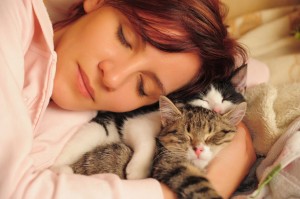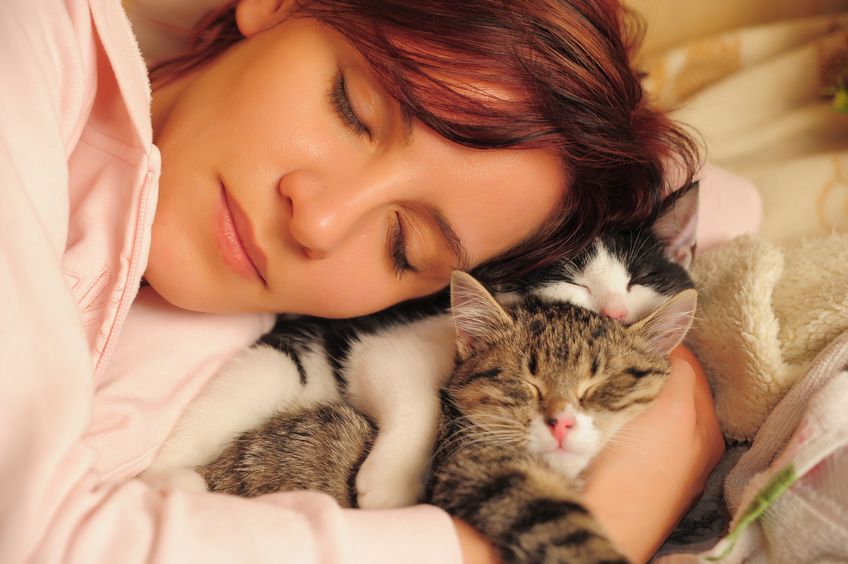We spend a lot of time asleep, so we know it’s important, but why? Sleep itself is both partially a bodily function and a behavior. We need it, we can’t function without it, and yet we have some control over the circumstances in which it happens.
The curiosity surrounding sleep has inspired years of neurological study, as researchers hope to find an elusive as-yet unidentified physiological or neural function that can’t be accomplished when animals are awake, according to UCLA sleep researcher Jerome Siegel.
More recently, researchers at the University of Rochester Medical Center discovered a particular waste-flushing system in the brain that is nearly times more active when we are asleep than while we are awake. It suggests that our brains need time to “take out the trash” overnight. This cleansing process may help explain the revitalizing powers of sleep. Sleep’s restorative nature appears to be due to the active clearance of by-products of neural activity that build up as we are awake.
Although we may not completely understand sleep, society is accepting sleep as the pillar of all-around well-being. Here are the most predominant theories of why we need sleep.
We May Need Sleep To…
Minimize risk and maximize efficiency. Scientists know that all species have times when they need to be active and times when they don’t. Species optimize their periods of inactivity in response to their environments. For example, the brown bat sleeps for 20 hours a day, waking only for a few hours at dusk, when the moths and mosquitoes that it feeds on are most active. If it spent more time awake, it would use more energy, but not be as successful at hunting. if it came out in the day it would be exposed to predatory birds that can see much better than it can, creating more risk.
Outsmart predators. Animals could still fall victim to predators even if they aren’t up and out when they are. According to the division of sleep medicine at Harvard Medical School, one of the earliest theories about why we sleep is called inactivity, adaptive or evolutionary theory. The idea is that sleep keeps animals quiet and still during the night, thereby helping them avoiding being gobbled up. Critics of this theory argue that it hardly seems safe to be unconscious in the face of an emergency, however.
Conserve energy. When food is scarce, animals and people alike, have to conserve energy. Calorie expenditure drops while asleep, causing the theory that sleep is a conservation tactic. There is also the synaptic homeostasis theory; sleep slows down specifically, the brain to conserve energy. While asleep, the synapses weaken to restore brain circuitry to baseline level of strength.
Repair and restore. This theory states that we need sleep to give our body time to recuperate from the damages of the day. According to Harvard Medical School, there is plenty of supporting evidence behind this belief. The major restorative functions in the body like muscle growth, tissue repair, protein synthesis, and growth hormone release occur mostly, or in some cases only, during sleep.
Giving more support to this theory is recent research results found that sleep essentially doubles the production of special repair cells in the brain that would help if your gray matter became injures. In mice, the more they slept, the more these repair cells multiplied.
Generally, deep sleep is considered to be the most rejuvenating, but critics contend that if the repair and restoration theory was the only reason we need to sleep, the most active people would need the most slumber, which isn’t true.
Learn. As research continues, it places more importance of sleep when it comes to child development, memory and learning – what’s known as brain plasticity.
Numerous studies have tested this theory by asking participants to complete a memorization task, such as learning a musical melody or a list of vocabulary words, then asked to take a nap or stay awake. The snooze session generally improved performance, especially where dreaming was involved. The general decline of memory — and quality of sleep — as we age, may also be a testament to this theory.
Or may it is all of the above! We can’t ignore the fact that sleep patterns vary wildly across different species, and even between members of the same species. It all indicates that sleep has more than one purpose.
While researchers may take awhile discovering more reasons why we need sleep, there is enough evidence to demonstrate that sleep is important. Sleep gives us a free boost our overall well-being. We are better mentally, physically and emotionally when we get the proper rest. Make the adjustments you need to become the best you with the help of sleep!



No comments yet.